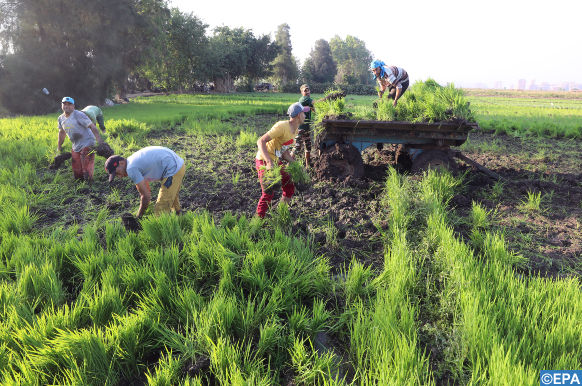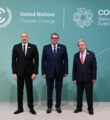Report Finds Southern Africa Not Ready for Climate Change
Johannesburg – Measures taken so far by southern African countries are not enough to deal with the growing threat of climate change, South Africa’s Department of Forestry, Fisheries and Environmental Affairs said Thursday.
“A recent example is Cyclone Freddy, which killed hundreds of people in Malawi, Mozambique, South Africa and Zimbabwe,” Department of Environmental Affairs spokesman Albi Modise told a meeting on the UN Intergovernmental Panel on Climate Change (IPCC) report.
Noting that more sectors of society need to respond to the climate emergency, Mr. Modise stressed that despite some progress in reducing climate risks, the southern region remains ill-prepared for climate change-related disasters.
The official warned that there are several “tipping points” in the climate system that, once crossed, could lead to catastrophic and irreversible changes. “When these risks are combined with other adverse events, such as pollution, they become increasingly difficult to manage,” he said.
Cyclone Freddy killed more than 400 people in southern Africa and affected more than half a million in Malawi alone. The storm dumped six months of rain in just six days, leaving a trail of destruction in its wake.
The Intergovernmental Panel on Climate Change is a United Nations body that brings together leading scientists to assess the evidence of climate change.
Its report found that the Earth is likely to cross a critical global warming threshold within the next decade, and that nations must make an immediate and dramatic shift away from fossil fuels to prevent the planet from dangerously overheating beyond that point.
Over the past decade, there have been 15 times more deaths from droughts, floods and storms in highly vulnerable regions, according to the report.
As part of the 2015 Paris climate agreement, many countries agreed to continue efforts to limit global warming to 1.5 degrees Celsius.
Beyond that point, scientists say, the impacts of catastrophic heat waves, floods and droughts will be much harder for humanity to cope with.














